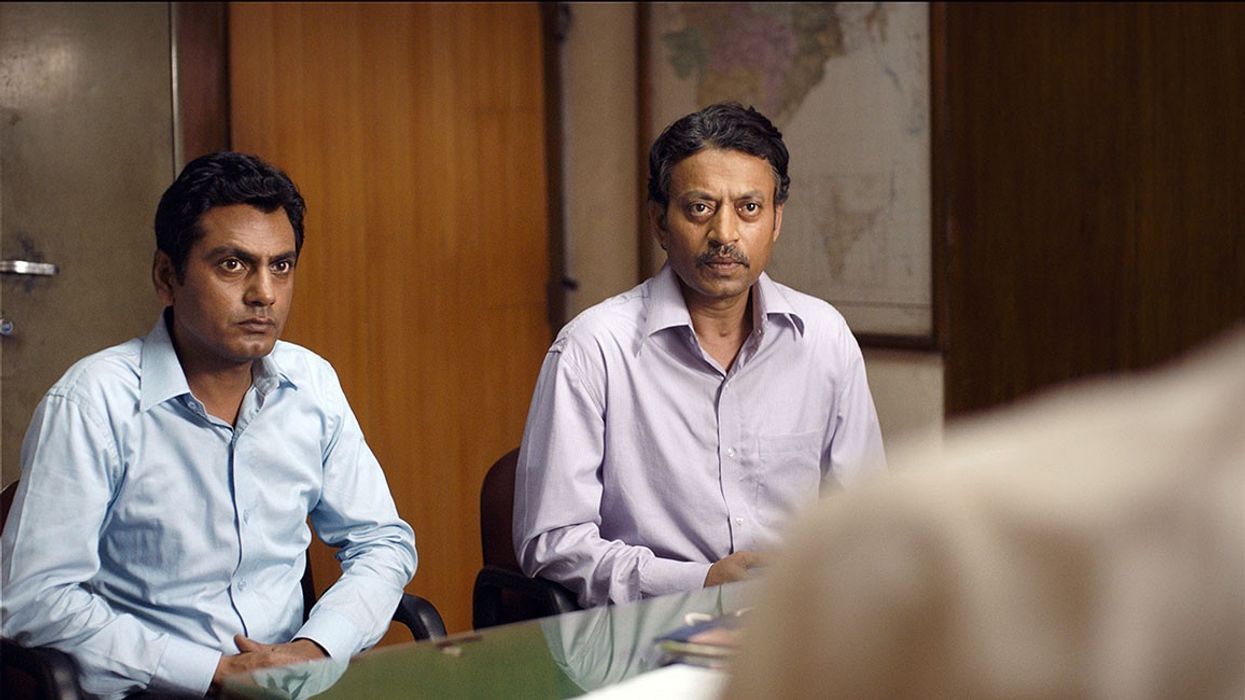Watch: How to Identify a Great Performance (In Any Language)
Highlighting screen performances from around the globe, this video emphasizes the Bollywood perspective.

Film is an international language that everyone shares. Earlier this year, the international market even came to the rescue of a disappointing summer box office season in Hollywood. And while there are ups and downs to this for filmmakers, one thing that everyone can agree on, around the world and in any language, is what makes a great screen performance.
This video essay brings the unique perspective of Vinit Masram, a Mumbai-based filmmaker, who examines classic Hollywood and Bollywood films. Below are three of his top criteria for identifying a great performance.
Make it believable
Masram admits that many actors fall back on old, familiar ticks. Some of these include "freezing their facial muscles...or flaring their nostrils to show anger," but while "these are moments where actors want you to believe what they're doing...great actors make you believe in the moments you portray."
Become unpredictable
When audiences deem acting in a film as flat, Masram thinks what they're really trying to say is "the performance failed to surprise them," and the actor didn't bring enough mystery to their portrayal. This belief goes for acting in all movies, of course, as performances depict human behavior (and humans really are some unpredictable creatures). One performance that exemplifies this moment of unpredictability and surprise can be found in The Godfather Part II, when Al Pacino lashes out (and out-of-character), effectively raising the film to the heights of drama. Pacino's slowburn makes the scene, and both his and Keaton's performances are excellent.
Action is reaction
Throughout, Masram shows clips from many Hindi films, and he uses a moment from 2016's Kapoor and Sons to exemplify how listening and reacting to your fellow actors is one of the most important things you can do. And while he can be tough on Bollywood actors, stating that in many popular Hindi films, "doing more is considered as the right way of acting, and the popularity of this method has led to a lot of actors being hailed as great actors when they are, at the most, good, or average, or simply garbage," the scene singled out for high praise appears in the 2013 Indian film The Lunchbox, directed by Ritesh Batra.
Regardless of the culture or language, the most important thing an actor can do is make choices. If all goes well, these choices should combine to make for an seemingly effortless and humanist performance that fools the viewer, if even for a moment, into thinking that they're not watching one act.
Misram is a cinephile who brings a critical eye to films from his own country and around the world, and we encourage you to check out more of his videos here.
Source: Cinema Beyond Entertainment












